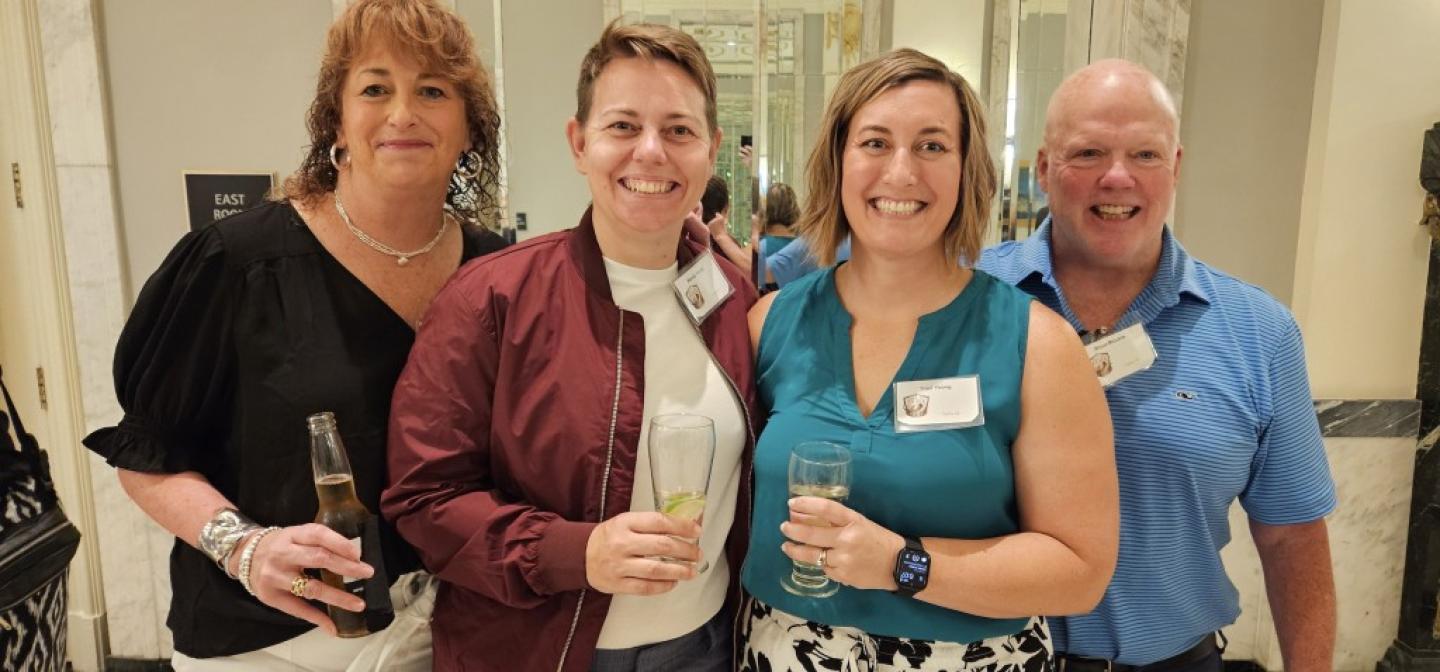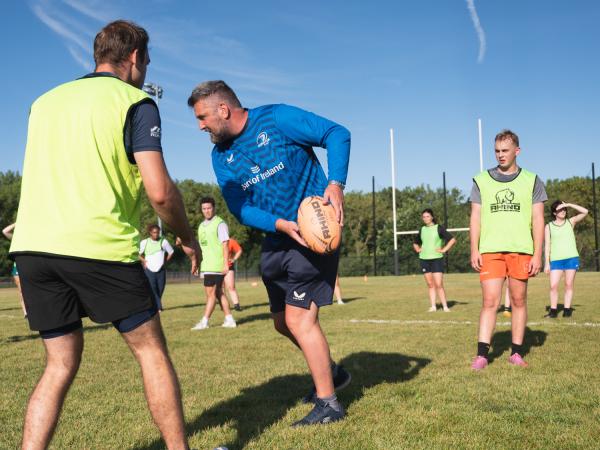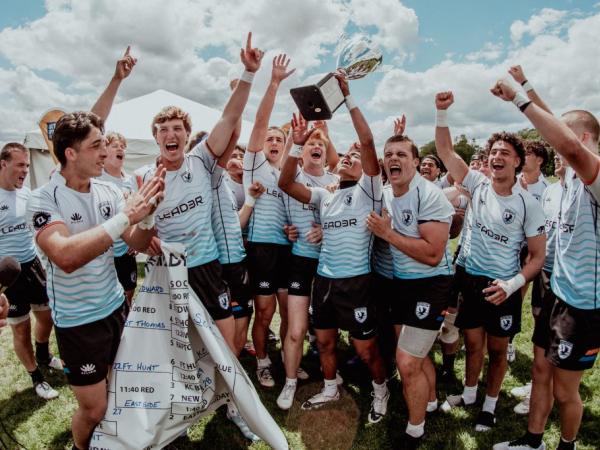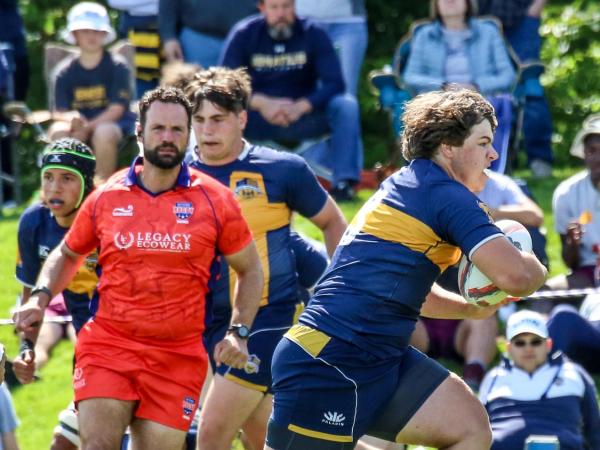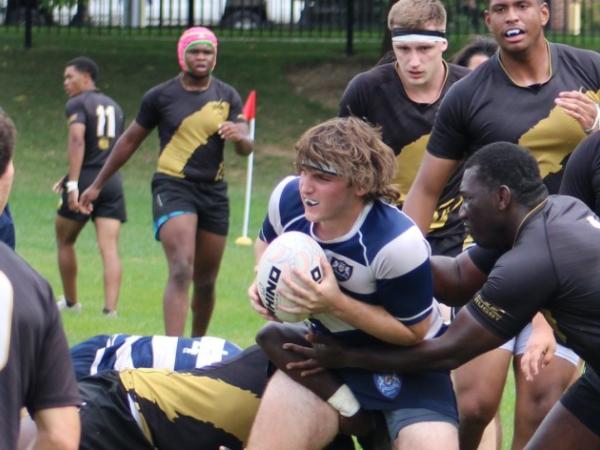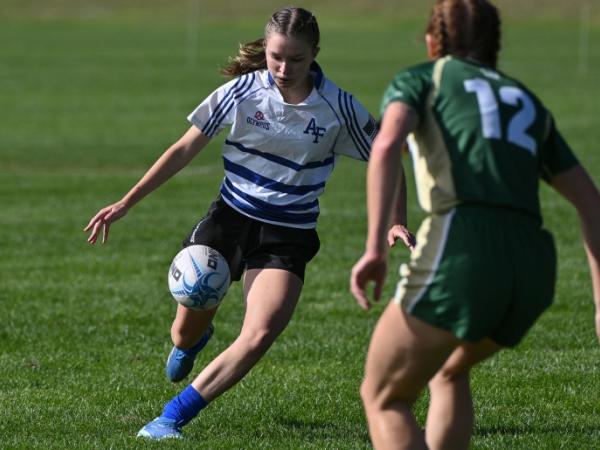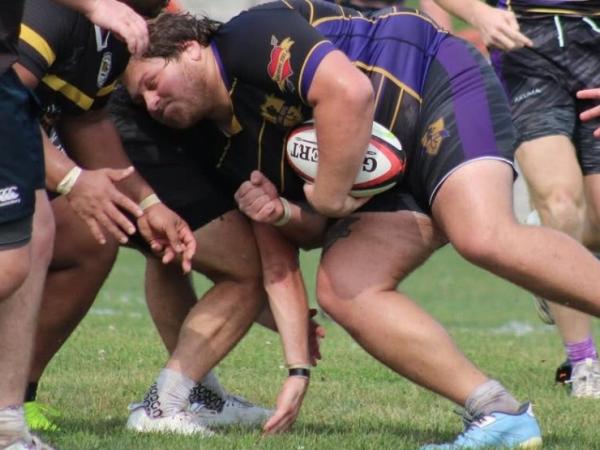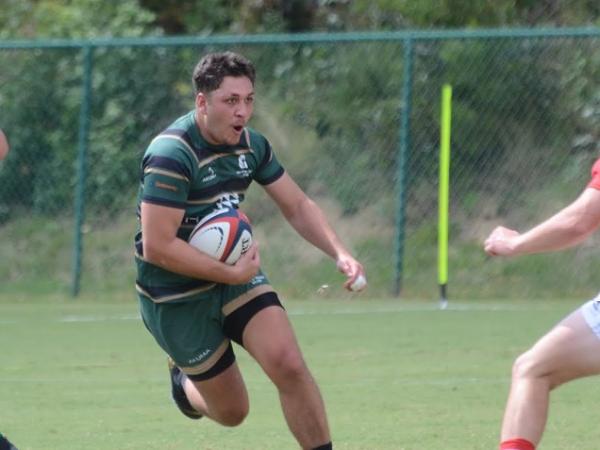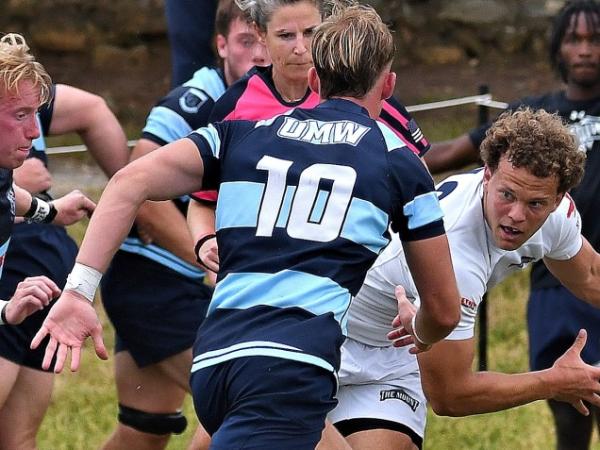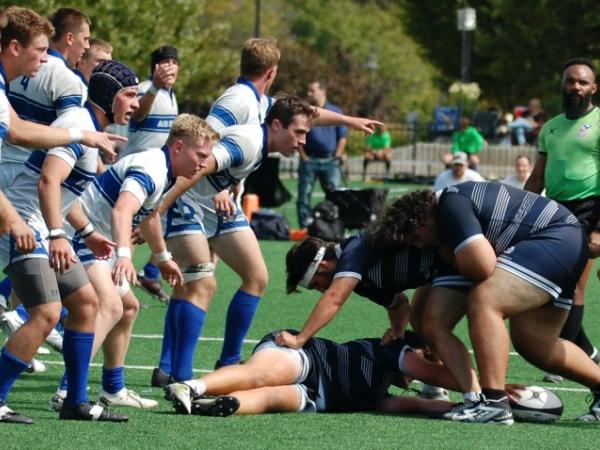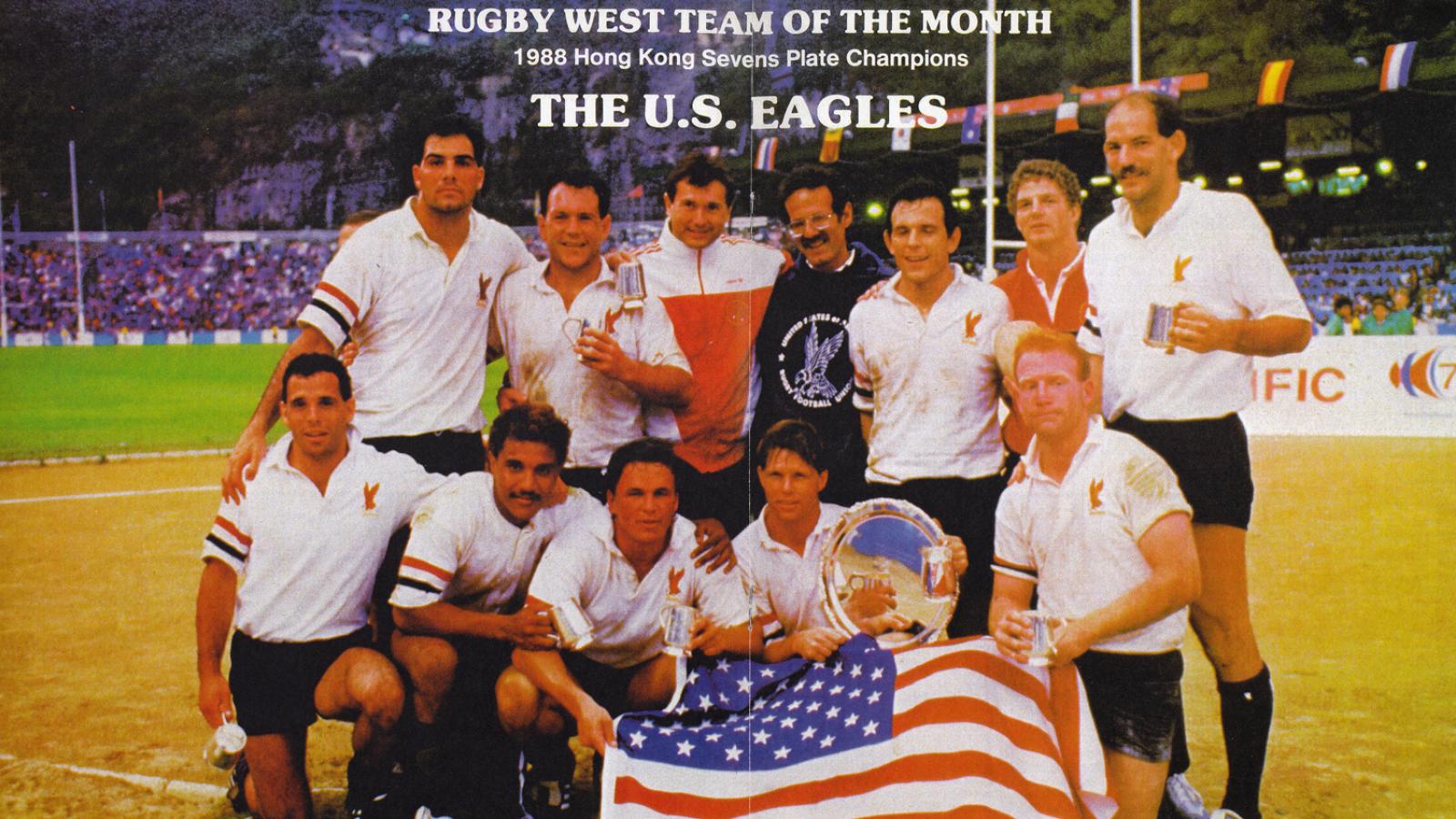At the US Rugby Foundation-run US Rugby Hall of Fame dinner, inductee Mike Tolkin wasn’t there; instead, he sent a video acceptance speech saying, to being with “I’m not there, and that’s a good thing.”
This article first appeared on prsevens.com
It was good, of course, because Mike had found an organ donor.
A multiple national champion as a coach in high school and the Super League, a former USA National Team Head Coach, and currently PR7s General Manager, Mike had announced earlier in 2024 that he was suffering from liver cancer. Soon it became clear that at some point, ideally sooner than later, he would need a transplant, and the call went out for potential living donors. Naturally, the rugby family came through.
The call went out in February. Mike was not in imminent danger, but he would need a transplant and doing one when he was still relatively strong and healthy would make it somewhat easier. A living donor can donate a portion of his or her liver—doctors just leave part of the liver with the donor and the organ then regrows for both donor and recipient.
A transplant from a living donor also eases recover and allows doctors to plan better because there’s less of deadline. But it’s still a massive undertaking. It’s major surgery for both donor and recipient, and a huge commitment. The response to help Mike was overwhelming.
“It was very humbling and amazing,” Mike said. “It's a big ask to donate an organ, not only for the person considering, but their family and jobs and overall situation as well. So it makes it all the more incredible that we were able to get a big response like that. It's funny that post-surgery, the liver team joked that the Wednesday donor qualification meeting—where they potentially approve a donor—had become boring after I came off the list because there weren't so many people to discuss anymore!”
Several people were in line to donate to Tolkin, many of them friends and former teammates from the New York area. But it in the end the donor came from Texas. Traci Schmidtke Young played rugby at Texas A&M, for the West All-Stars, and USA U23s before joining the Austin Valkyries. She is married to Wendy Young, editor of Your Scrumhalf Connection and a referee and announcer who has been part of the PR7s broadcast team. It was Wendy who saw a social media post by Austin-based broadcaster Dallen Stanford and showed it to Traci.
“She saw it and knew that I had the right blood type, O Negative, and said ‘what do you think?’ I figured, there would be a bunch of hoops to jump through, but it doesn’t hurt to try.”
So she filled out some forms and a health history, did some blood testing in Austin, and learned there were others going through the same process. It all seemed so routine.
“They then told me, if you’re needed, we’ll call, and then one Wednesday morning I got the call and it all started to get a bit more real,” Traci explained.
Now there were trips to New York, more tests, and a long talk with her family, not only Wendy, but their nine-year-old son, and Traci’s parents.
“The hospital in New York was really great,” she said. “They had a psychologist and a social worker on staff just to make sure you’re taken care of. They had so much support. And there was never any doubt we were going to do this. We have a lot of friends that have cancer or have passed away from cancer and it is so defeating to watch them and not be able to do anything for them. This was a chance to actually do something.”





